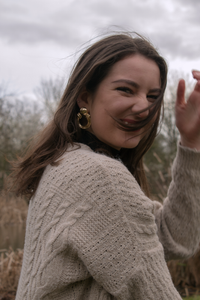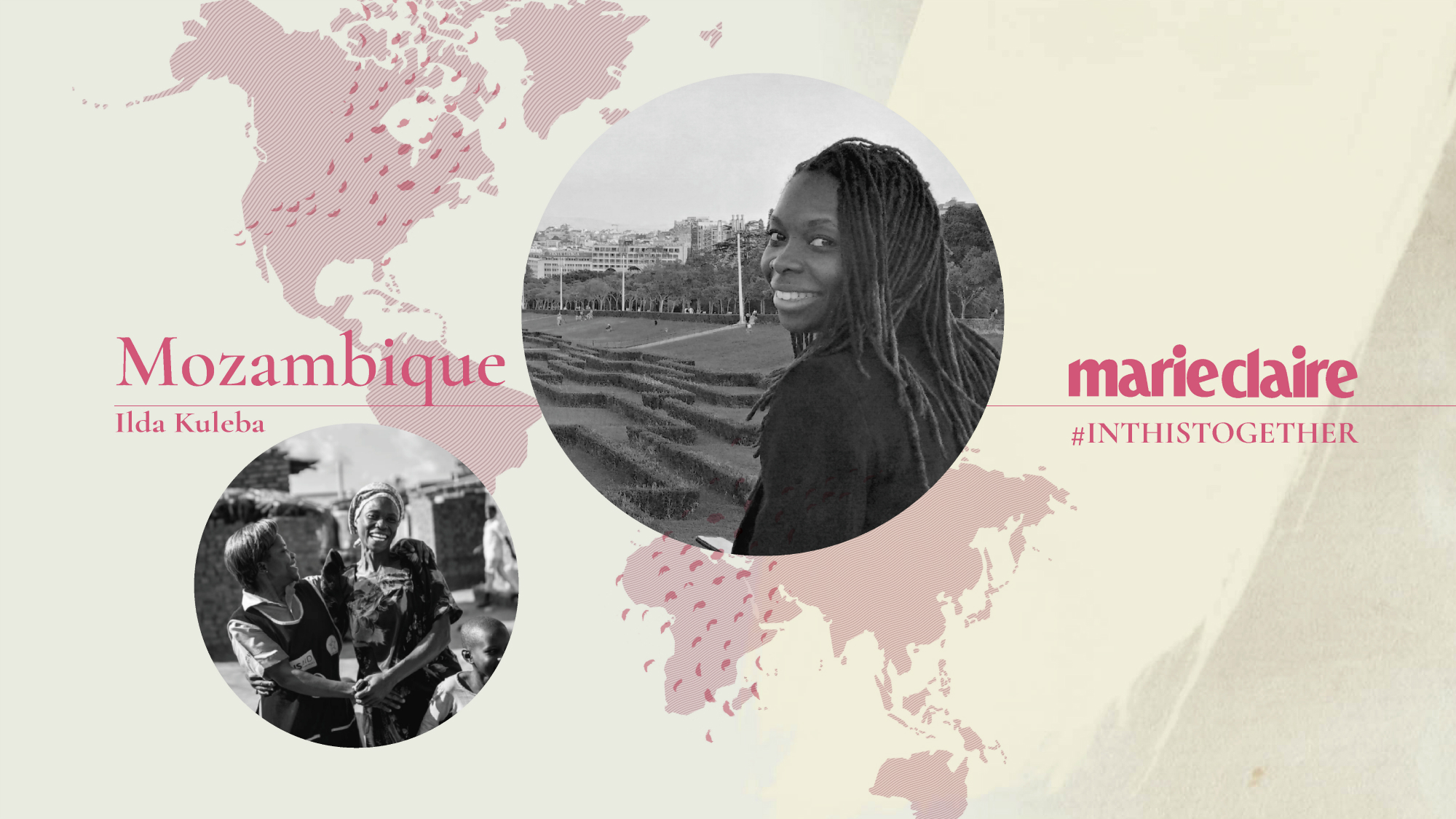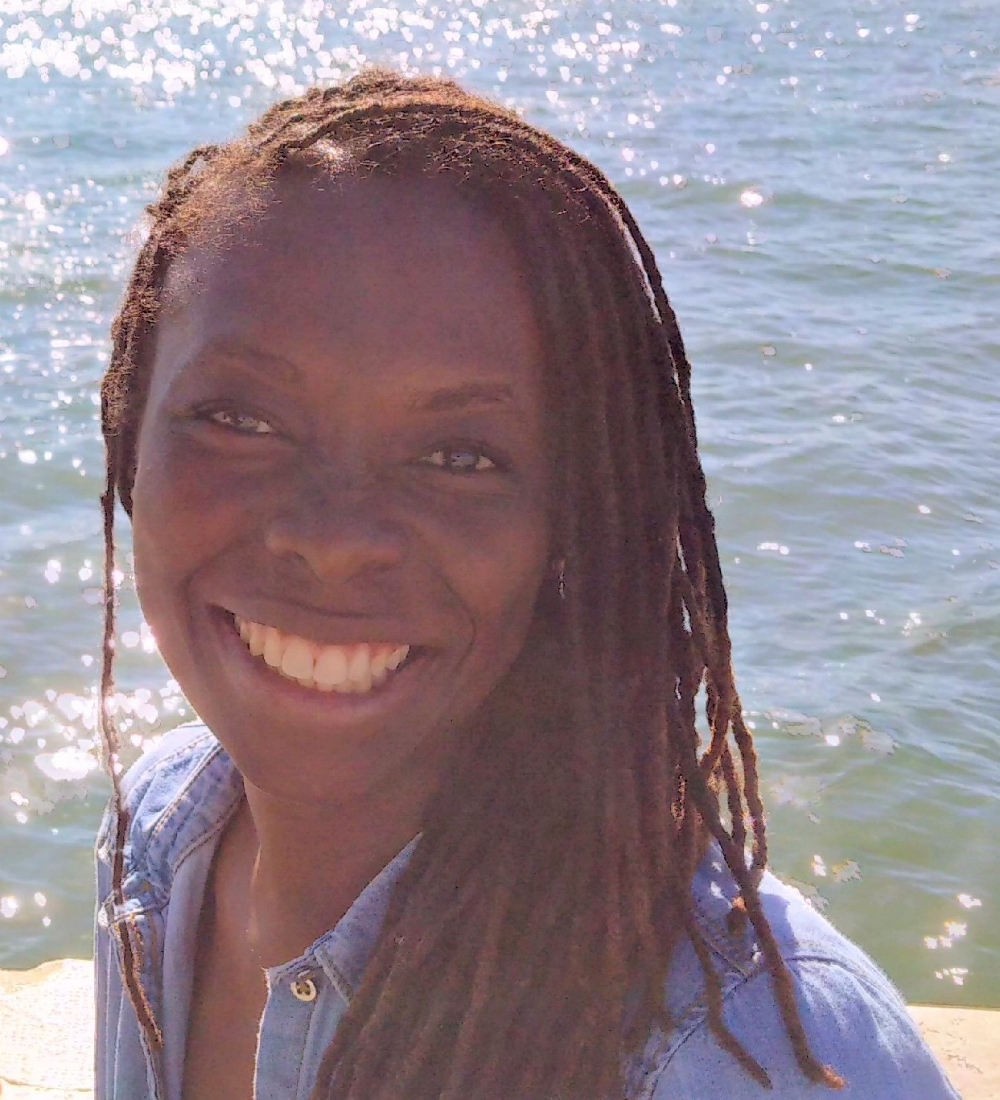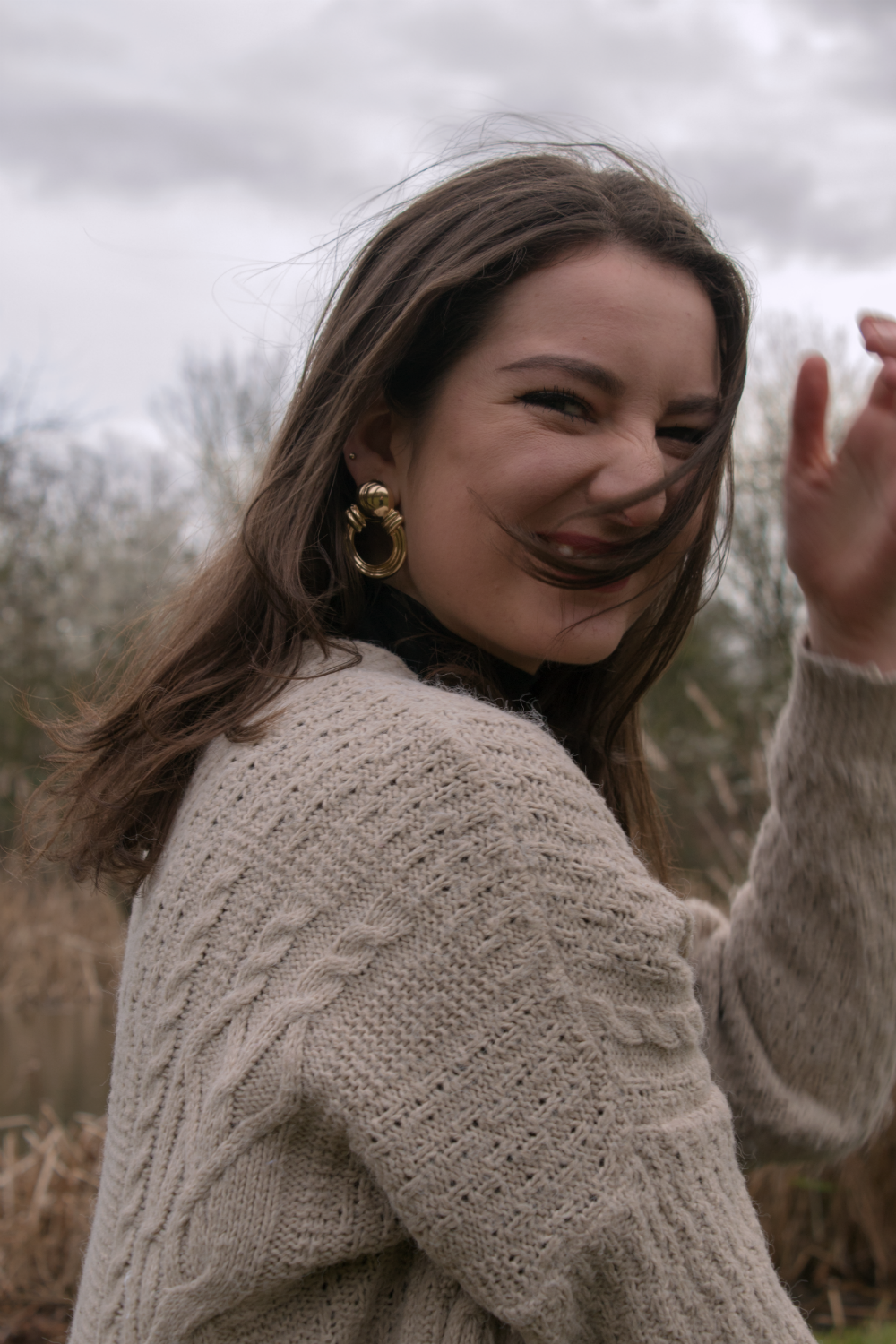COVID-19 Global Diaries: 'How my all-female, HIV-positive health workers are fighting two epidemics
It's World Aids Day 2020 and In Mozambique there are 2.2m people living with HIV, which is why Ilda Kuleba, country director of mothers2mothers, is on mission to protect those most at risk from coronavirus


Celebrity news, beauty, fashion advice, and fascinating features, delivered straight to your inbox!
You are now subscribed
Your newsletter sign-up was successful
It's World Aids Day 2020 and In Mozambique there are 2.2m people living with HIV, which is why Ilda Kuleba, country director of mothers2mothers, is on mission to protect those most at risk from coronavirus
Today more than 35 million have died of HIV or Aids around the world, making it the most deadly pandemic in history. But in 2020 having two pandemics to combat has made World Aids Day this year even more important.
When it became clear that no borders would stop COVID-19, I knew I had to prepare for the pandemic hitting Mozambique. As Country Director for mothers2mothers, I lead a 300-strong team of frontline health workers, all women, all living with HIV, who are called 'Mentor Mothers'. These women provide vital health services and support to families affected by HIV and I knew my window of opportunity to protect both our Mentor Mothers and the families we serve would be small. Overnight, I found myself fighting two pandemics, HIV/AIDS and COVID-19.
Mozambique is a country of incredible contrasts. There is Maputo, the capital, which is modern, vibrant and has affluent resorts and tourist beaches. On the flip side, many villages in the poorer and rural provinces are frozen in time. Health clinics are under-resourced and hard to access, and most people don’t have internet access. The looming pandemic has reminded me of how the country was ravaged by Cyclone Idai in March 2019 and how it was incredibly difficult to reach colleagues and the vulnerable and marginalised women and children we work with. My job is to ensure health services and supplies for people living with HIV are maintained to give Mozambique an even greater chances of beating coronavirus.
I was determined that our Mentor Mothers and clients would not be without care if we went into a lockdown. Our 19 years of tackling the HIV/AIDS pandemic means we're uniquely placed to help women and children stay safe and healthy. Mentor Mothers live and work in the same community as the families they look after and are trusted sources of health information. A trust that has been key in cutting through misinformation and fear to deliver accurate and lifesaving health education about HIV/AIDS.

COVID-19 worries me even more because of the 2.2 million people living with HIV in Mozambique. If these people are not lucky enough to be on effective treatment, they are at far greater risk of becoming seriously ill if they contract COVID-19. The World Health Organization and UNAIDS (the Joint United Nations Programme on HIV/AIDS) estimated that a six-month disruption in HIV treatment could result in up to a third more Mozambican mothers transmitting HIV to their children during pregnancy, childbirth, or breastfeeding - this will undo years of hard-won gains.
We rapidly updated our curriculum to include facts about COVID-19, so Mentor Mothers could share these with the mothers in their care, and swiftly moved to deliver more support digitally, using mobile technology. We also made sure we knew where to send people for Coronavirus screening and testing if needed. We have told our Mentor Mothers and the mothers and children in their care, living with HIV, that they must continue to collect and take their medication, and we are on a drive to ensure people test, or re-test, for HIV. We also sourced and distributed masks, hand sanitisers, and introduced split shifts to ensure social distancing of staff so they can work safely in the clinics.
Celebrity news, beauty, fashion advice, and fascinating features, delivered straight to your inbox!
Sub-Saharan Africa still has the largest number of people living with HIV in the world, and, according to UNAIDS, over nine million are not accessing treatment. We simply cannot afford to undo the progress of Mentor Mothers and everyone else fighting to end HIV/AIDS. But I know we're facing the very real risk that COVID-19 will turn the clock back to even darker days.
Health workers have become a generation’s new kind of heroes, and I’m proud of my female powerhouse team on the frontline. Are we better prepared now? Yes, because we used the extra time wisely. So far we have only had 107 COVID-19 cases, but challenges lie ahead. Will we overcome them? Yes. Because despite the setbacks, which might seem never ending to many, we have dusted ourselves off and come out stronger every time. I know we will do it again.
* To help Mentor Mothers and the women, children, and families they serve, please make a donation to mothers2mothers' COVID-19 emergency appeal to help them scale up their response, adapt their services, and protect their frontline team serving as “essential workers
Niamh McCollum is Features Assistant at Marie Claire UK, and specialises in entertainment, female empowerment, mental health, social development and careers. Tackling both news and features, she's covered everything from the rise of feminist audio porn platforms to the latest campaigns protecting human rights.
Niamh has also contributed to our Women Who Win series by interviewing ridiculously inspiring females, including forensic scientist Ruth Morgan, Labour MP Stella Creasy and ITV’s former Home Affairs Editor Jennifer Nadel.
Niamh studied Law in Trinity College Dublin. It was after enrolling in a Law & Literature class on her year abroad in Toronto that her love of writing was reignited. In no particular order, her big likes are Caleb Followill, hoops, red wine, sea swimming, shakshuka and long train journeys.
